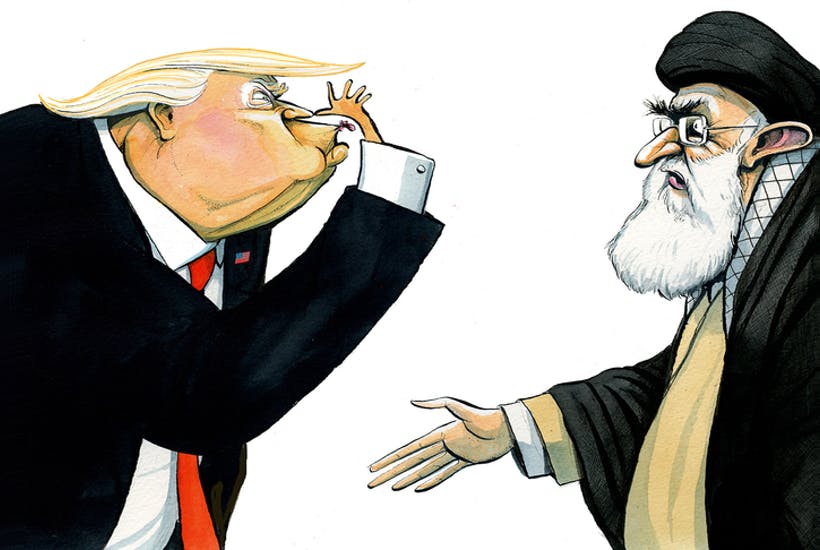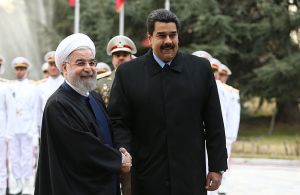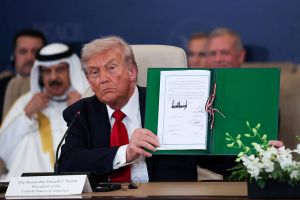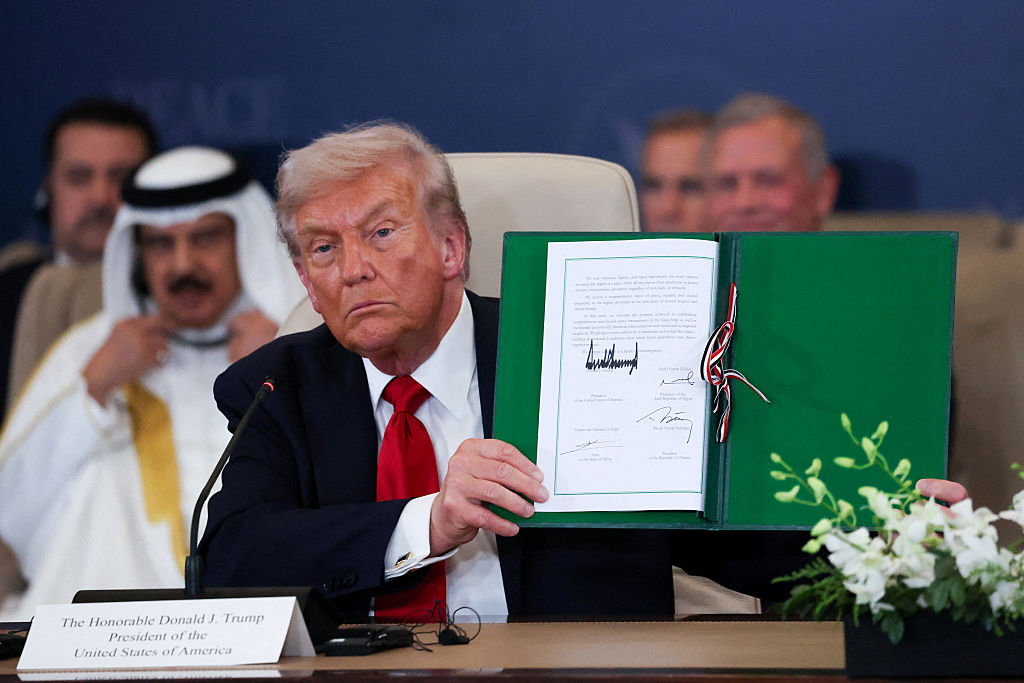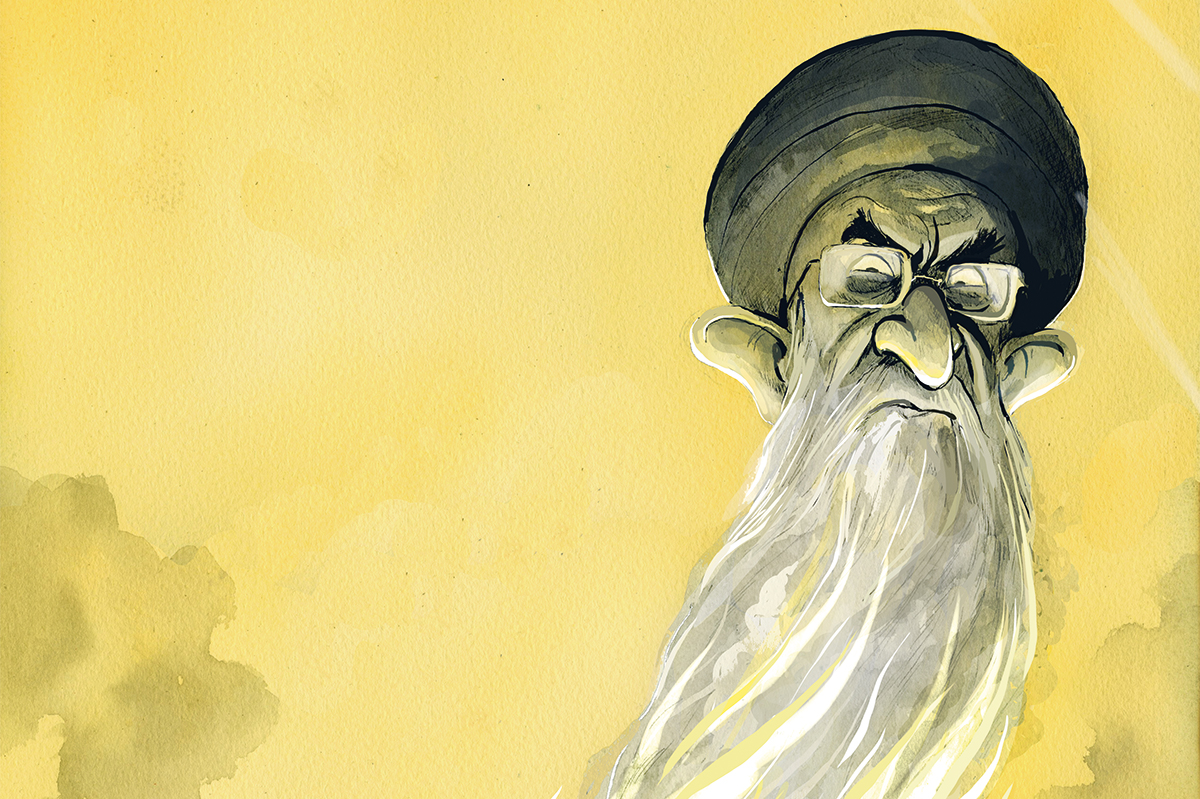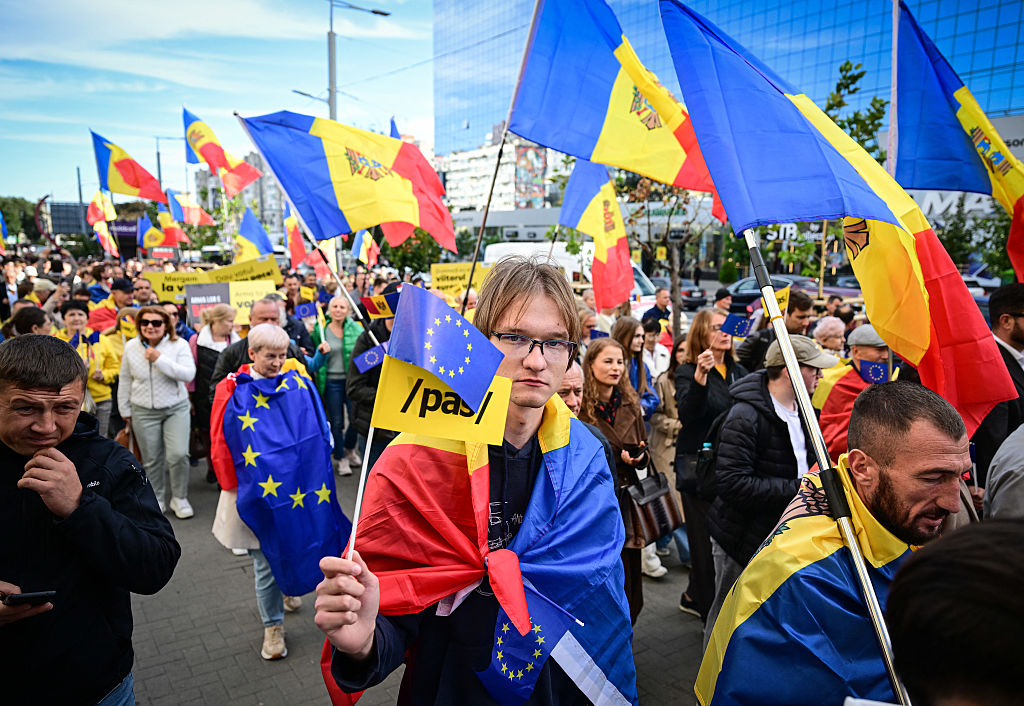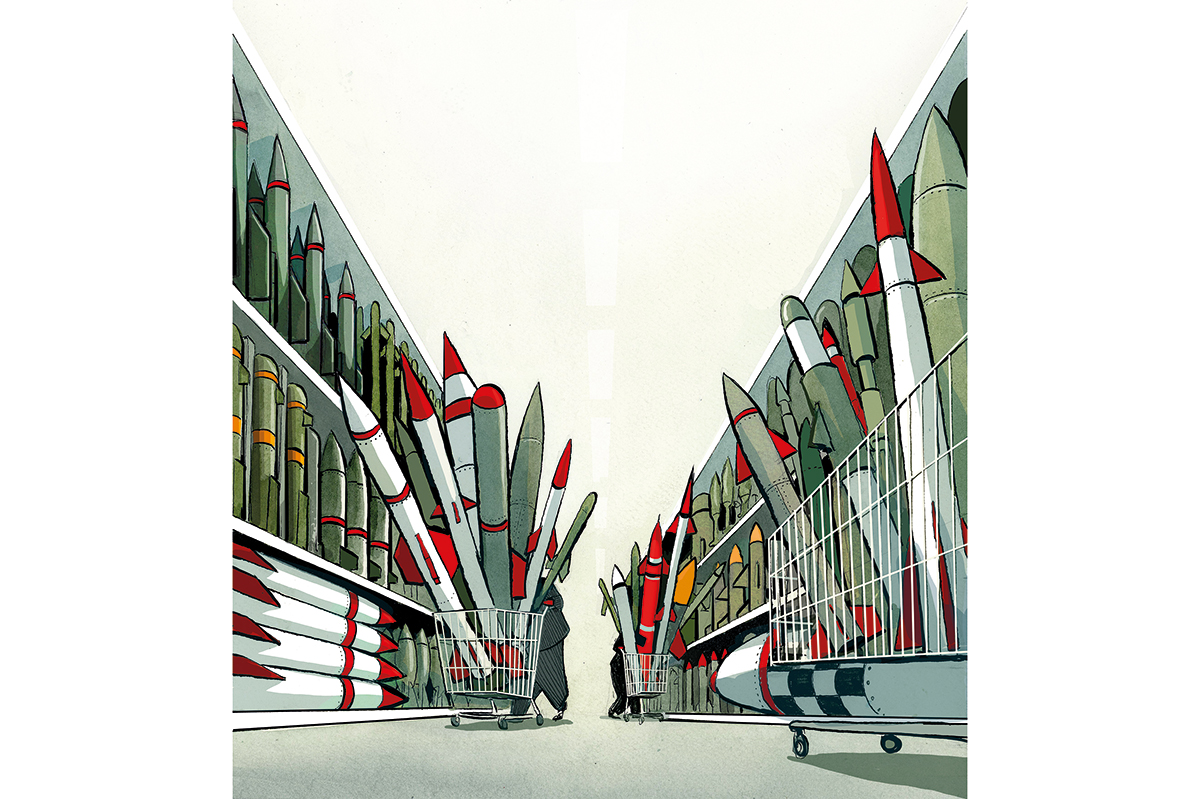The European Union finds itself in a bind. Donald Trump’s reintroduction of sanctions against Iran has left European diplomats desperately scrambling to salvage 12 years of nuclear diplomacy. On Friday, Jean-Claude Juncker underlined the EU’s commitment to keeping the deal alive, saying that ‘Europeans must keep their word and not give in to a change of mood, just because others are doing so’. The EU has its work cut out, but is using every tool in its arsenal to prevent Trump from undoing its efforts.
A blocking statute previously levied in the 1990s has been updated and re-initiated, allowing European companies doing business with Iran to recover damages in court. Last month, Brussels provided Tehran with $19 million of aid to help offset the impact of US sanctions. And in one of the most audacious moves against the Trump administration’s Iran policy, the bloc agreed to establish an alternative payment system between European and Iranian banks that is designed to skirt the US financial system entirely. Yet it’s highly unlikely these ideas will be worth the trouble of angering Washington.
The US Treasury department wields a big stick, and too many global firms are terrified of losing access to the US market. Patrick Pouyanné, the chairman of the French oil giant Total, told a conference last week in Moscow that even the hint of seeing their assets frozen in a US bank would be too high a price. To be blunt, it would be downright suicidal for companies to take on the US when the benefits of doing so — maintaining trade with Tehran — is a drop in the barrel compared to what the American market provides. In the words of one oil industry executive who spoke to the Financial Times, ‘No one is going to run the risk of falling foul of US sanctions.’ Indeed, no sane executive would act any other way.
The Europeans are thus completely at the mercy of Donald Trump, a man who despised the Iran deal to begin with and whose decision to withdraw the US from the accord could turn out to be a mortal blow to one of the EU’s most significant acts of statesmanship since its foundation.
Will the EU’s gamble persuade foreign firms to continue transacting with Iran? That may be the wrong question. The right question is whether it works just enough to convince the leadership in Tehran that sticking with the agreement is preferable to breaking it.
Economically, the $430 billion Iranian market can’t compete with America’s $18 trillion in wealth. The White House is giving companies around the world a black-and-white choice: if you want to invest in Iran, than you won’t be investing in the US. European corporations like Siemens, Eni, and Maersk have already fled the Iranian market or are in the process of doing so. Sanctions experts have concluded that Brussels is essentially banging its head against the wall, hoping that their sheer persistence will force the Trump administration into backing down or finding some type of compromise arrangement. But unfortunately for them, businesses will do what’s best for their balance sheets, not what’s convenient for European politicians.
What the EU can do, however, is send a political statement to Tehran that it remains committed to the accord and that, on the nuclear dispute at least, Europe is on Iran’s side against an impetuous American president. The blocking regulations and payment models have one goal in mind: convince Supreme Leader Ali Khamenei to give the nuclear deal just a little more time. Unfortunately, Europe’s begging and pleading won’t do much good if Iran’s economy tanks into recession or if the flood of economic benefits the Iranian government country was promised slows to a trickle.
The Iran nuclear agreement is on life support. Some have already pronounced it dead. Iran hawks in Washington in and out of government are aiming for the kill shot. All the EU can do is pray that this band-aid approach will stem the bleeding long enough until Trump is voted out of office in 2020.
This article was originally published on The Spectator’s UK website.



